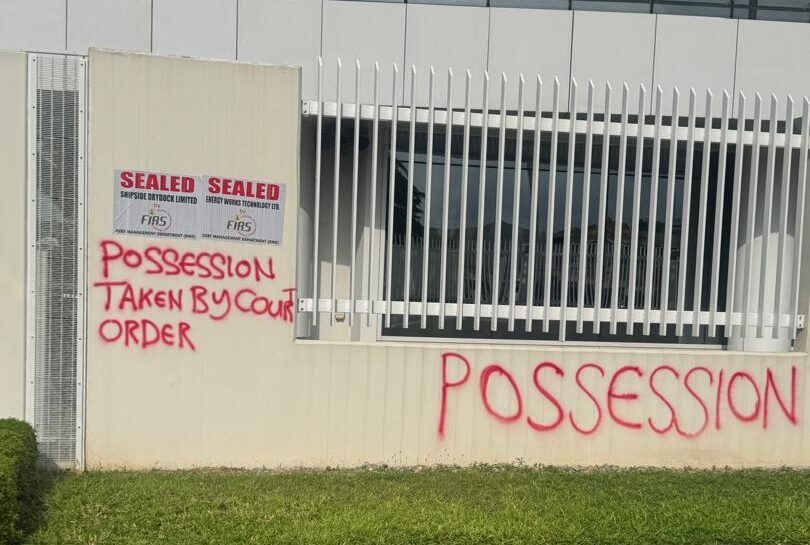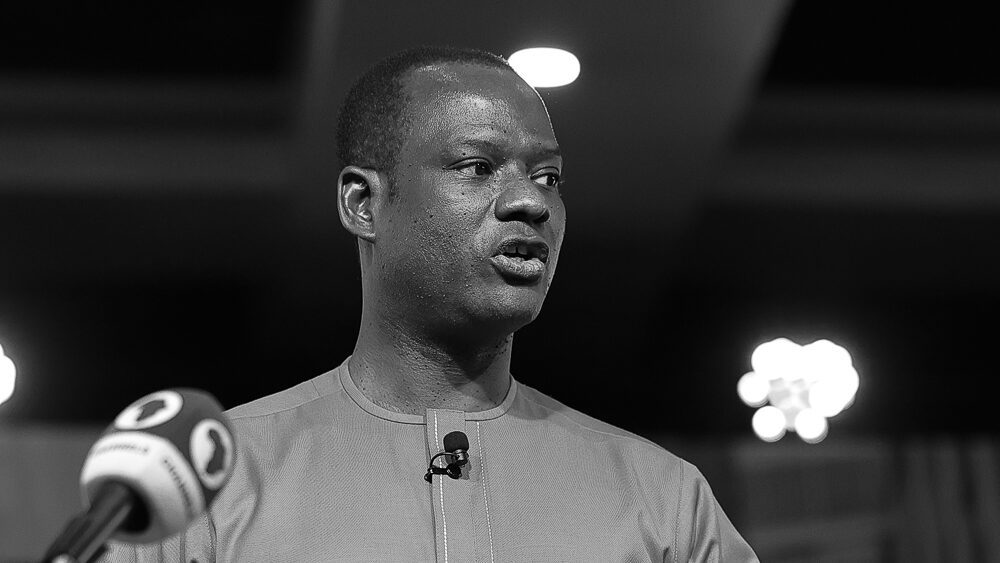Emmanuel Addeh in Abuja
Nigeria’s oil and gas sector has managed to keep its flared gas at an average of 7.5 per cent monthly amid worsening global carbon emissions from the energy sector, which hit a record high for the fourth year running in 2024, THISDAY’s checks have shown.
Specifically, data from the Nigerian Upstream Petroleum Regulatory Commission (NUPRC) showed that throughout 2024, the country stabilised the volume of gas flared at 7.69 per cent, while so far in 7.33 per cent.
But despite the energy transition conversation, fossil fuel use continues to rise, although renewable energy also grew to a record high, data from the Energy Institute’s annual statistical review of world energy showed. The Energy Institute’s is UK’s foremost chartered organisation for energy experts.
The report’s figures highlighted the challenge of trying to wean the world economy off fossil fuels, with last year being the hottest year on record, and global temperatures exceeding 1.5 C or 34.7 F above the pre-industrial era for the first time.
In the same vein, the world saw a 2 per cent annual rise in total energy supply in 2024, with all sources of energy such as oil, gas, coal, nuclear, hydro and renewable energy registering increases, which last occurred in 2006, the report said.
This led to carbon emissions increasing by around 1 per cent in 2024 and exceeding the record level set the previous year at 40.8 gigatonnes of carbon dioxide equivalent.
Of all the global fossil fuels, natural gas saw the biggest increase in generation, growing 2.5 per cent, while coal grew by 1.2 per cent to remain the largest source of generation globally, as oil growth was under 1 per cent.
A breakdown of the NUPRC data showed that in January, February and March last year, Nigeria’s gas flare was 8.28 per cent, 8.18 per cent and 7.64 per cent respectively.
Besides in April, May and June, the gas flared was: 7.58 per cent, 7 per cent and 7.07 per cent and further decreasing to 6.84 per cent, 7.45 per cent and 7.15 per cent compared to the previous quarter.
Also, in the last quarter of 2024, the volume of gas flared was: 8.2 per cent, 7.97 per cent and 8.85 per cent respectively.
Besides, in the first four months spanning January to April, the percentage of gas flared was: 7.3 per cent, 7.8 per cent, 7 per cent and 7.2 per cent.
Nigeria, Africa’s top oil producer and home to some of the world’s largest gas reserves, has long struggled with the paradox of flaring vast volumes of natural gas while millions of its citizens remain without access to clean cooking or stable electricity.
The flared volumes, often a by-product of oil production in remote or underdeveloped fields, represent not just a climate concern but a colossal economic loss.
However, the 7.5 per cent flare rate suggests that the country’s efforts, anchored on regulatory tightening, monetisation incentives, and increased investor engagement are gradually making headway.
From a peak of over 2 billion standard cubic feet per day flared two decades ago, Nigeria’s consistency in keeping flare levels below 10 per cent for three consecutive years signals a shift in corporate behaviour and regulatory pressure.
Since the passage of the Petroleum Industry Act (PIA) in 2021, operators are now subject to stricter gas utilisation mandates and penalties for unlicensed flaring. Additionally, the government has awarded several flare gas commercialisation licenses to independent companies under a dedicated programme aimed at turning waste into wealth.
Under the Nigerian Gas Flare Commercialisation Programme (NGFCP), investors are offered access to flare sites through transparent bidding, with the promise of using captured gas for downstream purposes like compressed natural gas (CNG), liquefied petroleum gas (LPG), and electricity generation.
As per wind and solar energy, the report showed that it expanded by 16 per cent in 2024, nine times faster than total energy demand, the Energy Institute’s said.
Analysts tracking progress said the world is not on course to meet a global goal of tripling renewable energy capacity by 2030 despite record amounts being added.
“Last year was another turning point for global energy, driven by rising geopolitical tensions,” Romain Debarre of consultancy Kearney, one of the authors of the report, said in a release.
“COP28 set out a bold vision to triple global renewables by 2030, but progress is proving uneven and despite the rapid growth we have seen globally we are still not at the pace required,” said Wafa Jafri, a partner at KPMG.
COP28 was the United Nations Climate Change Conference that took place in Dubai in 2023, at which countries signed a pact to transition away from fossil fuels in energy systems to achieve net-zero emissions by 2050.
Still, in Nigeria, despite the progress so far, challenges persist. Many of the country’s flare sites are in swampy or security-prone areas where infrastructure is poor and evacuation costs are high. Also, the lack of robust gas pipelines across production belts limits options for reinjection or monetisation.
Despite these barriers, the relative stability in flare rates stands in stark contrast to the broader global climate picture.
The institute’s report also aligned with that by the International Energy Agency (IEA), which agreed that carbon dioxide emissions from energy use and industry reached an all-time high in 2024, driven largely by rebounding economic activity, increased air travel, and a slow global transition away from coal.
While some advanced economies are cutting emissions, major developing countries continue to expand fossil fuel use to meet growing energy demand.



